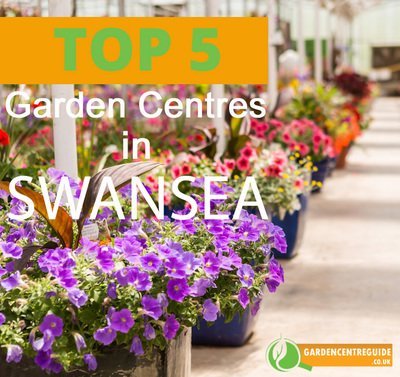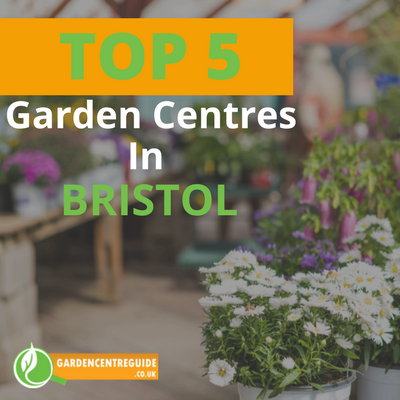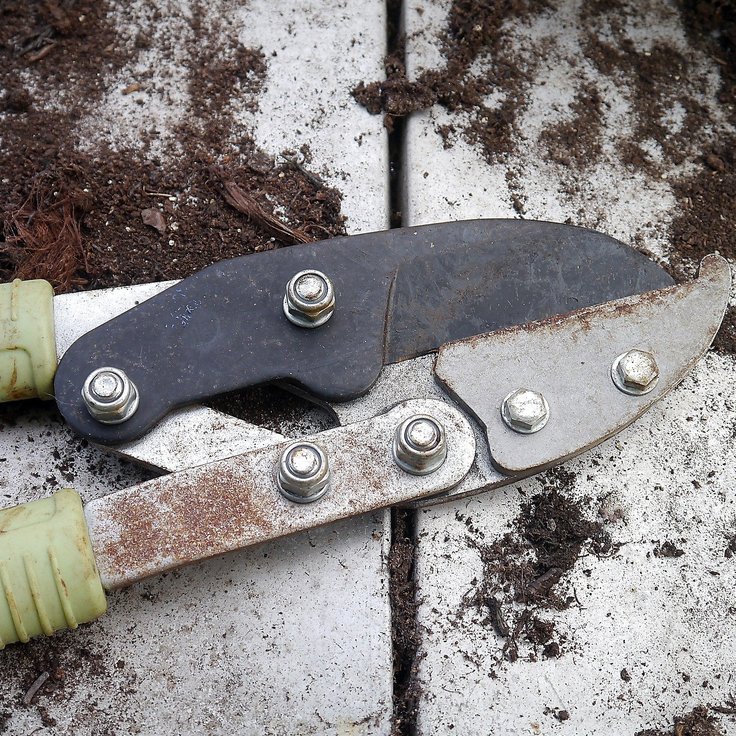6 Effective Tips to Boost Your Garden Yield
When it comes to vegetable gardens, most people believe they cannot grow vegetables in their garden that’d be sufficient for their daily needs. Therefore, they opt for chemical fertilisers and other harmful products in an attempt to maximise the yield.
However, you don’t necessarily need to use harmful chemicals! Here are some easy and cost-effective ways to help you out:
1. Make the Most of the Growing Season
Now that the spring season is here, you should try to make the most of this growing season. During this time of the year, the temperature is optimal and you need not to worry about snowfall or heavy rainfall. So, you can put your entire efforts to grow some fruits and vegetable plants.
It’s recommended to start planting as soon as the spring season begins and continue with gardening till the very end of the growing season. You can use plant beds, tunnels, and cold frames to extend the harvest season.
2. Opt for Vertical Gardening
Vertical gardening suits urban gardeners who don’t have enough space in their front garden. They can utilise the space and significantly increase the yield by growing plants in a vertical way. You can use wooden frames to keep multiple planters in a limited space. See other options here to create vertical gardening solutions.
3. Consider a Raised Garden Bed
You can also grow plants in raised beds. Raised garden beds yield around four times more than an ordinary vegetable garden, since it’s easier to mulch soil and increase its fertility in a garden bed. Furthermore, plants growing in raised beds are less prone to pest infestation.
4. Add Compost
Compost improves the health of plants and increases the yield. You need not to spend much on compost and can easily prepare it in a cost-effective way. You’ll need dry leaves, old branches, paper products, coffee grounds, used teabags, and other similar items to compost your garden. It’ll protect your plants from diseases and aid in the nourishment of roots.
5. Prune the Plants
By regularly trimming and pruning your plants, you can increase the yield of your vegetable garden. Get rid of diseased branches and leaves.
If your plant is excessively growing in all directions, it won’t be able to focus on the growth of fruits and vegetables. So, cut down excess branches so that your plants can stay healthy and produce more food items.
6. Know Your Plants
Before starting a garden, you should carry out some research to know about the plants that are suitable for local weather conditions. You can get in touch with experienced gardeners or your neighbours and visit nurseries nearby your home to gather some useful knowledge on gardening.
It’ll allow you to grow plants that can sustain in local atmosphere and produce fruits and vegetables that can suffice your needs.
Garden Centre Guide is your ultimate solution for gardening tips and tools. It’s an online directory for nurseries and garden centres around the UK. You can visit these nurseries to buy plants for your garden and purchase gardening tools to make your work easier.








